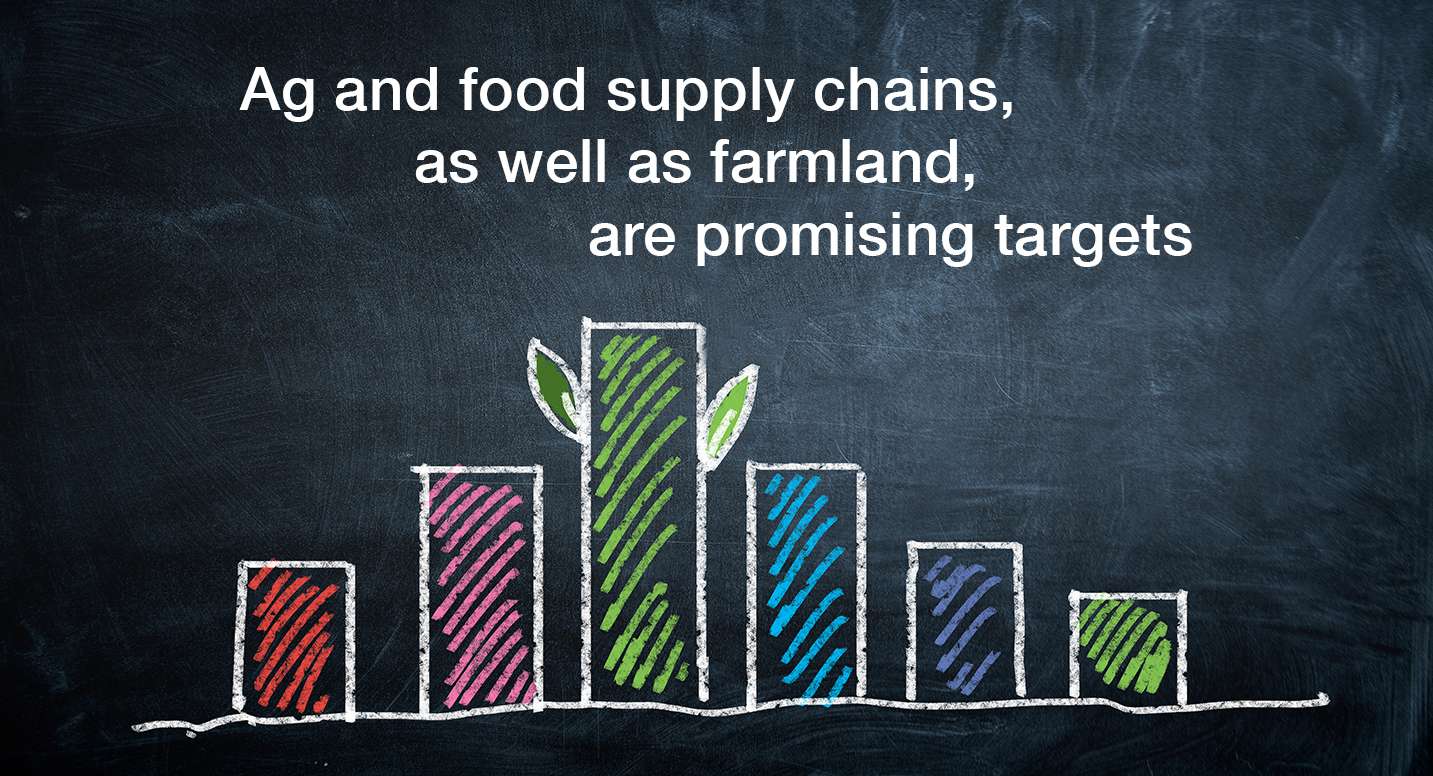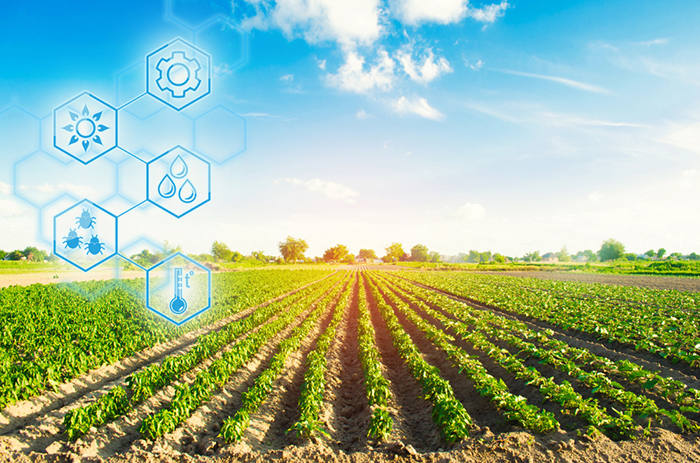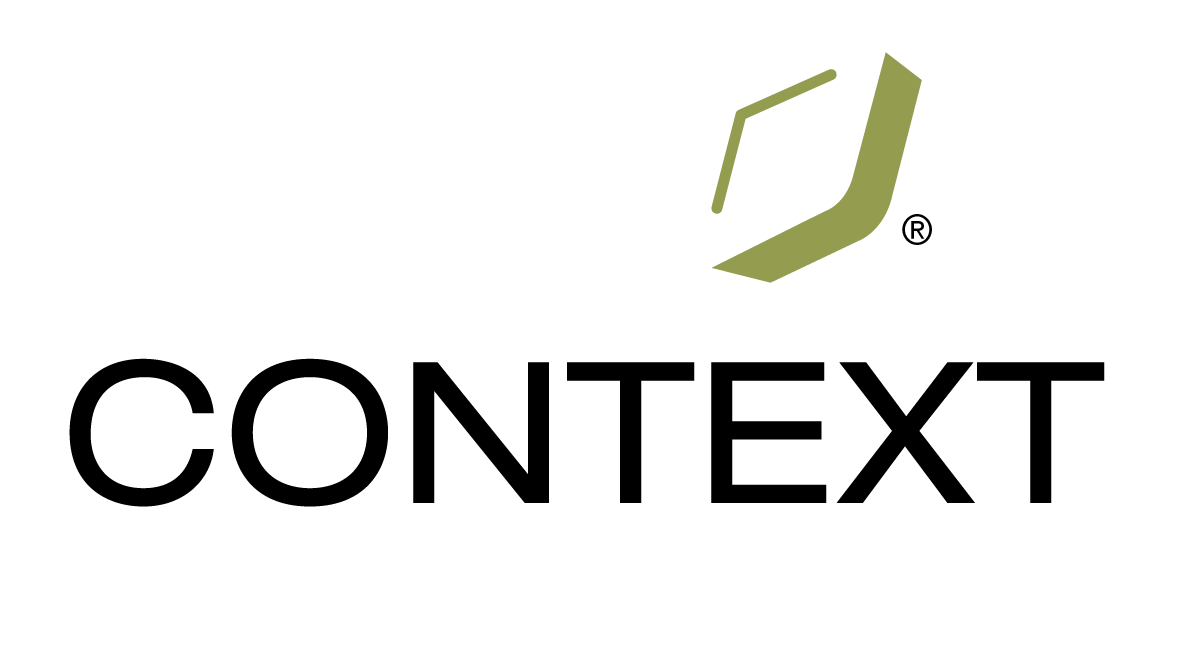A confluence of trends has sparked sizeable investment in agriculture and food sectors in Brazil, Argentina, and other Latin American countries. The investments are historically unique, not only because of their scale, but because of who is making them and where they’re coming from. The flow of funds and entrance of new market players has significant implications across the value chain, creating both risks and opportunities for established players.
Sovereign wealth funds gain influence
The first trend revolves around an influx of foreign sovereign wealth fund (SWFs) investments in the region. José Gobbée, senior associate with The Context Network, says, “In recent years, sovereign wealth funds from China and the Middle East have actively acquired assets and invested throughout the agricultural supply chain, from ag inputs to farmland to distribution networks to food manufacturing.”
 Gobbee, who is based in Buenos Aires, Argentina, ties the activities of SWFs in South America to strategic policies emphasizing food security in countries like Saudi Arabia and China. He notes, “Sovereign wealth funds are acting to ensure their countries have access to the resources they’ll need in the future. Recognizing their dependence on food imports, they’re seeking to gain more control of food value chain.”
Gobbee, who is based in Buenos Aires, Argentina, ties the activities of SWFs in South America to strategic policies emphasizing food security in countries like Saudi Arabia and China. He notes, “Sovereign wealth funds are acting to ensure their countries have access to the resources they’ll need in the future. Recognizing their dependence on food imports, they’re seeking to gain more control of food value chain.”
A USDA report[i] released in April 2018 concurs that China’s investments and acquisition in South American agriculture are closely tied to food security concerns. According to the report, China’s five-year “go global” plan spurred “large-scale, competitive food conglomerates to produce grains, oilseeds, and sugar crops on rented lands … and then to transport these crops back to China to balance supply and demand.” The report also observes that China’s recent investments in pork, ag trading, and farm input companies suggest that acquisition of foreign technology to improve agricultural productivity has become another important objective.
Other SWF activities include the Saudi Agricultural and Livestock Investment Company’s (SALIC) 28% acquisition of Minerva, the third-largest meat company in Brazil, just one month after Brazilian beef imports to Saudi Arabia were approved. Further SALIC acquisitions in Uruguay, Argentina, Paraguay, and Colombia are expected in coming years. Additionally, an agricultural fund linked to the Qatar Investment Authority has invested in Adecoagro, one of South America’s largest agribusinesses.
Institutional investors seek alternatives in ag

The second trend driving increased investment in South American agriculture reflects a global shift among institutional investors toward alternate asset categories. Pension funds, hedge funds, and private equity firms are looking beyond traditional asset classes with waning returns toward alternative assets like agriculture that may offer more profitable returns.
Cassandra Oliveira, Context consultant based in Sao Paulo, Brazil, describes a superabundance of new financial resources in the agricultural industry, noting, “Investors are eyeing alternative investments that can achieve higher returns. Ag and food supply chains, as well as farmland, are promising targets.” In addition, she says, agricultural investments are seen by some investors as more stable and less risky than other categories.
 Globally, investment in agriculture as an alternate asset category has multiplied fourfold in just 12 years (see Figure 1), with investments in South America second only to North America. And this appears to be just the beginning. Agriculture is still a 3% of the 6.6 trillion that the alternative assets category accounts for. Global ag investments are projected to triple by 2030 according to research conducted by investment analyst GOAGRO in coordination with the Centro de Agronegocios y Alimentos of Austral University.
Globally, investment in agriculture as an alternate asset category has multiplied fourfold in just 12 years (see Figure 1), with investments in South America second only to North America. And this appears to be just the beginning. Agriculture is still a 3% of the 6.6 trillion that the alternative assets category accounts for. Global ag investments are projected to triple by 2030 according to research conducted by investment analyst GOAGRO in coordination with the Centro de Agronegocios y Alimentos of Austral University.
Venture capital funds are also actively investing in agricultural technology startups in the region, seizing on support from regional governments as well as corporate venture funds. New agtech accelerators in the region include Glocal Managers, SP Ventures, and The Yield Lab LATAM, all established with matching funds from Brazilian and Argentina governments.
Robust potential for expanded footprint, higher productivity
 The third driver of agricultural investment in the region reflects a heightened recognition that South America is well positioned to satisfy rising global demand for food, which of course ties into the other two drivers.
The third driver of agricultural investment in the region reflects a heightened recognition that South America is well positioned to satisfy rising global demand for food, which of course ties into the other two drivers.
Many experts believe South America will supply as much as 50 to 60 percent of the increased food demand from Asia. This belief stems from the region’s inherent potential for yield improvement and land expansion. “While Brazil is already a leading global producer of crops like soybean, the country lags in productivity compared to other leading producers. With technological innovations and infrastructure improvements in the region, yields will certainly improve,” Oliveira says. According to 2016 Food and Agriculture Organization data (FAOSTAT), Brazil’s corn yield averages 39% of U.S. yield, and its soy yield also trails at 83% of the U.S. In addition, Brazil could increase corn and soy area by 10 million hectares in the next five to 10 years, while Argentina could add six to nine million hectares in the same timeframe.
Given the flow of investments in the region, established players and new startups alike are wise to prepare for impacts by asking critical questions, such as:
- With more foreign ownership of input companies and large farming groups, how should they communicate or market differently?
- How will closed-loop systems affect competition in the region? For example, South America’s grain handling sector is increasingly facing competition from Asian-owned grain handling companies.
- Are there opportunities for new partnerships, financial instruments, or distribution agreements with investment groups?
- How can existing companies make their offering more attractive to outside investors? For instance, many pension funds from European countries will not invest in companies without certifications (i.e., environmental, social, traceability, antibiotic-free, etc.)
Context’s South American team delivers valuable perspective on the changes coming to the industry. With our unique combination of strategy competence, food/ag industry knowledge, and unrivaled experts, we are equipped to provide objective perspective to help companies make informed and rational decisions.
For more information, contact Context Principal Christian Guffy at christian.guffy@contextnet.com
[i]https://www.ers.usda.gov/publications/pub-details/?pubid=88571


